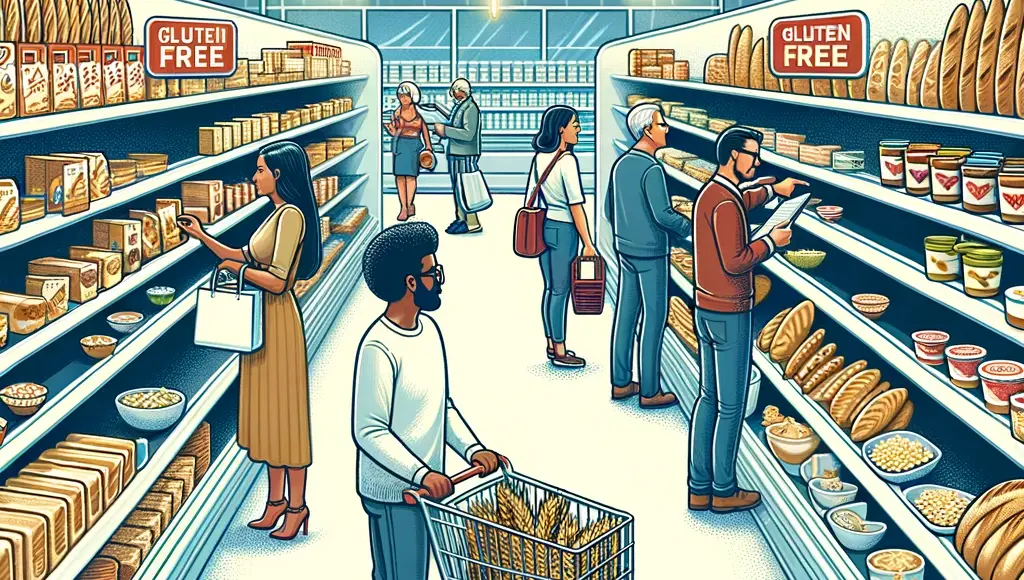A gluten-free diet is essential for individuals with gluten sensitivity or celiac disease. This diet requires avoiding foods that contain gluten, such as wheat, barley, and rye. However, it is possible to create a nourishing and delicious diet free from gluten. Here’s what you need to know about gluten-free diets and how to implement them:

1. Identify Gluten-Containing Foods
Before starting a gluten-free diet, it is important to recognize which foods contain gluten. These include:
- Grains like wheat, barley, and rye
- Baked goods such as bread, pasta, cookies, and cakes
- Processed foods, especially ready-made soups, sauces, and some seasonings
2. Discover Gluten-Free Alternatives
Once you eliminate gluten-containing foods from your diet, there are many alternatives available:
- Gluten-free grains: Rice, corn, quinoa, buckwheat, millet
- Gluten-free flours: Almond flour, coconut flour, rice flour, corn flour
- Gluten-free packaged products: Gluten-free bread, pasta, and snacks
3. Read Labels Carefully
When following a gluten-free diet, it’s crucial to read product labels carefully. Look for the “gluten-free” label on packaging and review the ingredient list.
4. Prefer Home-Cooked Meals
Finding gluten-free options when eating out can be challenging. Cooking at home allows you to control your diet and maintain a healthy and balanced eating plan. Experiment with gluten-free recipes to add variety to your meals.
5. How to Store Gluten-Free Foods
Proper storage of gluten-free foods is important to prevent cross-contamination. Keep gluten-free products in separate cabinets or shelves and use separate kitchen utensils.
6. Health Benefits of a Gluten-Free Diet
A gluten-free diet is necessary for those with gluten sensitivity or celiac disease, but it can also have other health benefits:
- Improved digestive health
- Increased energy levels
- Reduced chronic inflammation
7. Seek Professional Advice
When starting a gluten-free diet, consulting with a dietitian or doctor is important. Professionals can help create a personalized nutrition plan that fits your needs.
Properly and consciously implementing a gluten-free diet is critical for maintaining a healthy and balanced lifestyle. With the right information and support, you can develop a diet enriched with gluten-free foods.
You can find more articles like this here.










